Disturbing Facts Affecting the Environment
Your disposable coffee cup might seem like it can be recycled, but most single-use paper cups are lined with a fine film of polyethylene which makes the cup liquid-proof but also difficult and expensive to reprocess, because the materials have to been separated. Most waste processing plants will treat the cups as trash.
Plastics have become essential components of products and packaging because they’re durable, lightweight, and cheap. But though they offer numerous benefits, plastics originate as fossil fuels and emit greenhouse gases from cradle to grave, according to a May 2019 report called “Plastic & Climate: The Hidden Costs of a Plastic Planet,” released by the Center for International Environmental Law, a nonprofit environmental law organization.
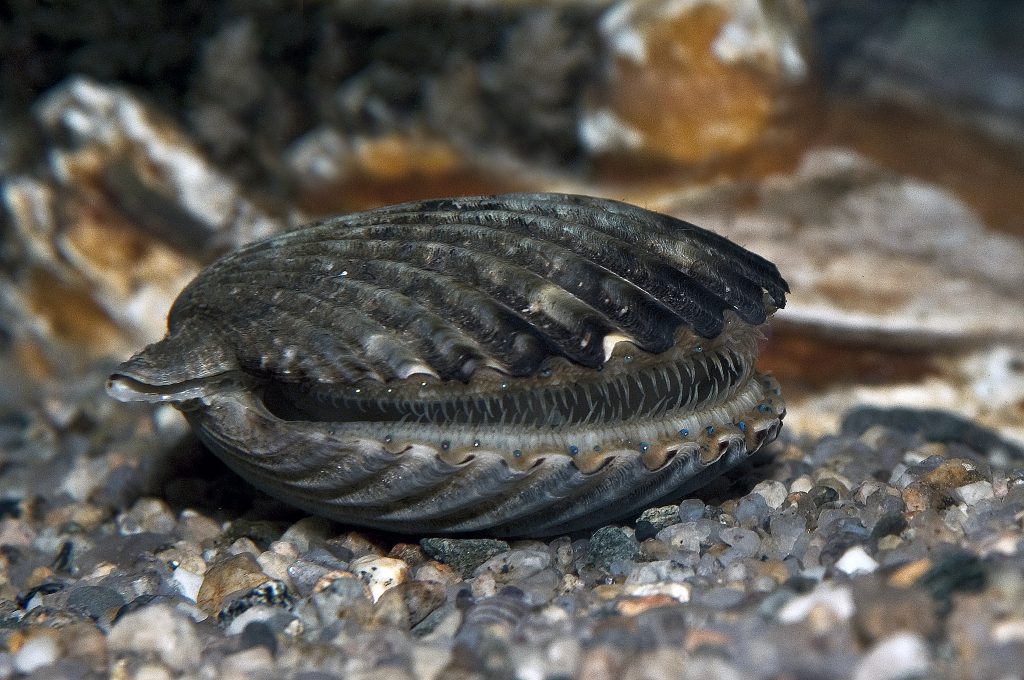



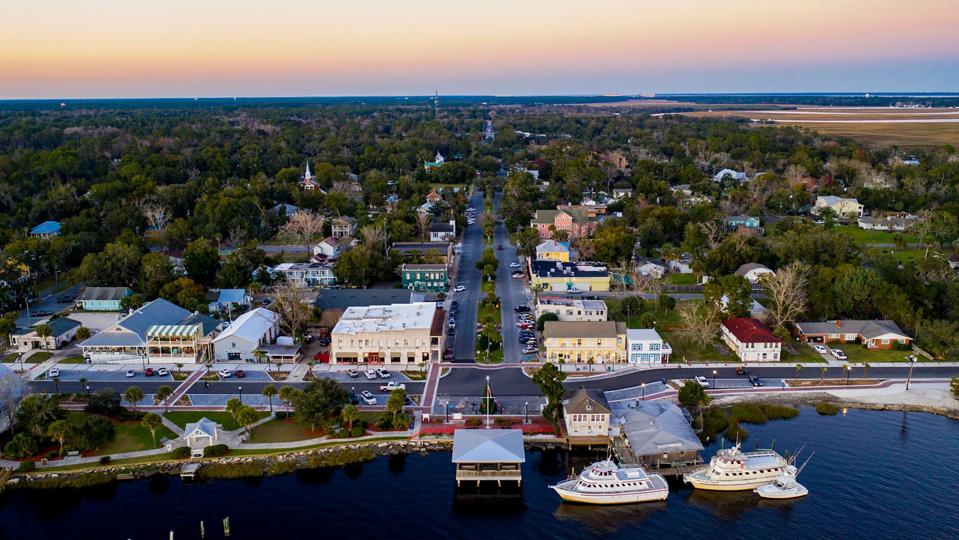



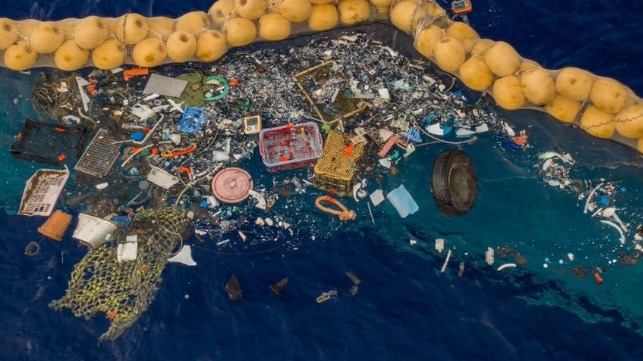

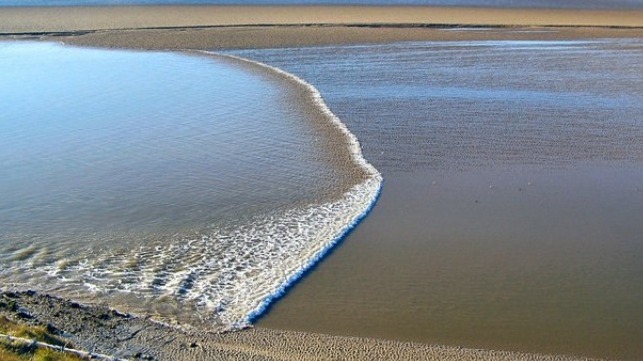










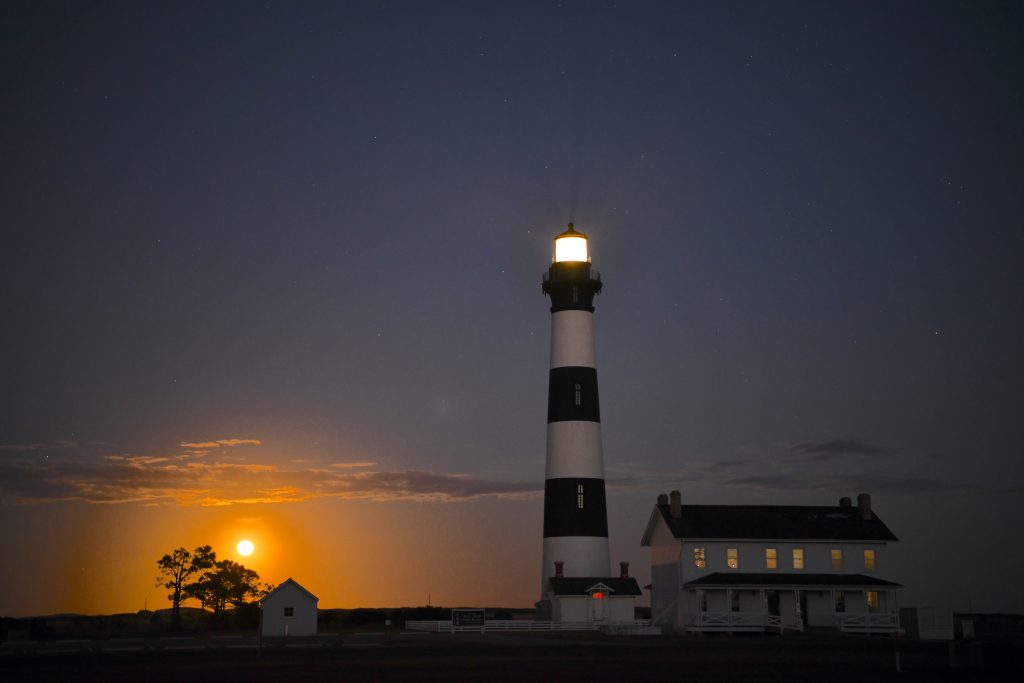

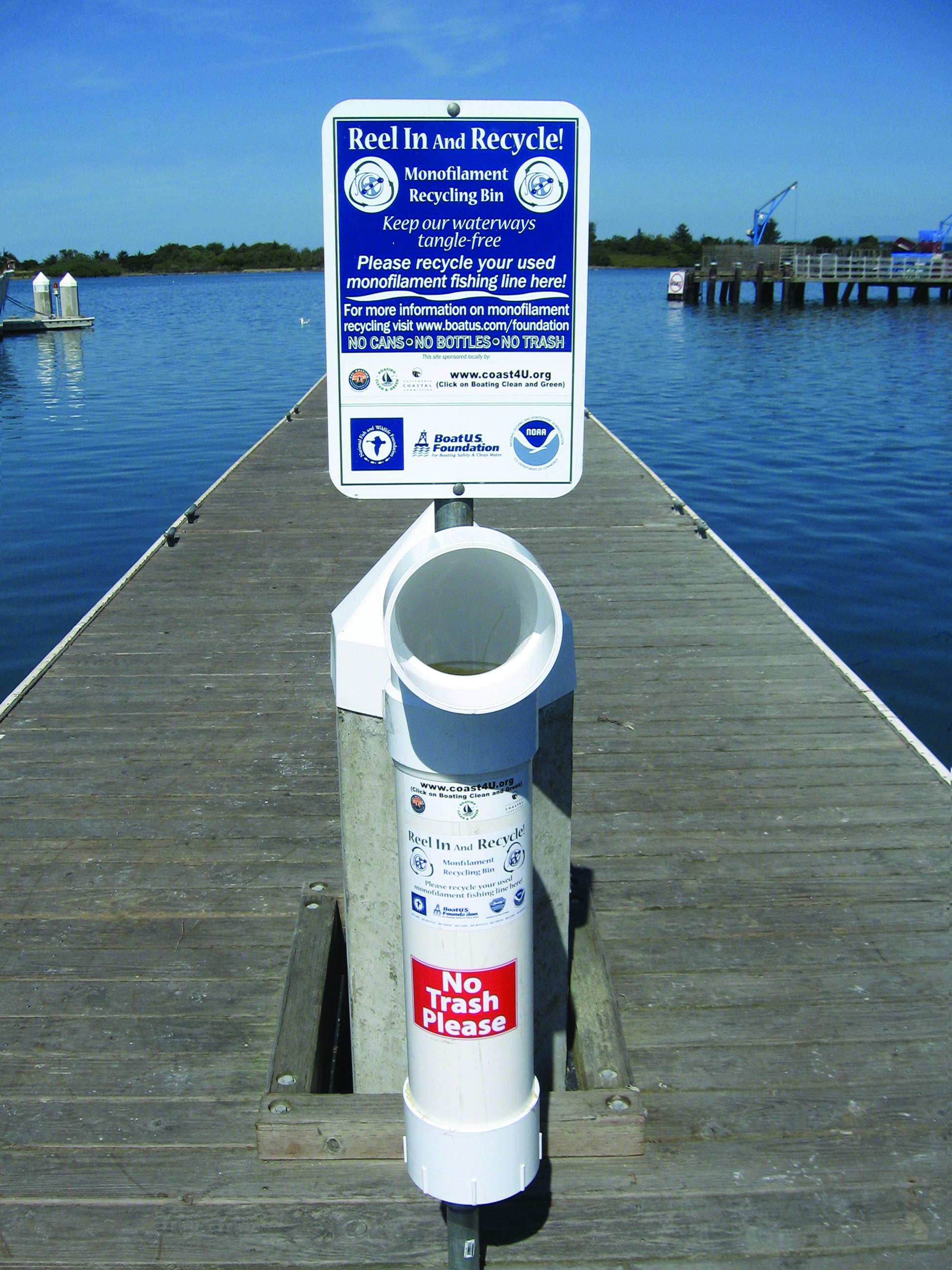

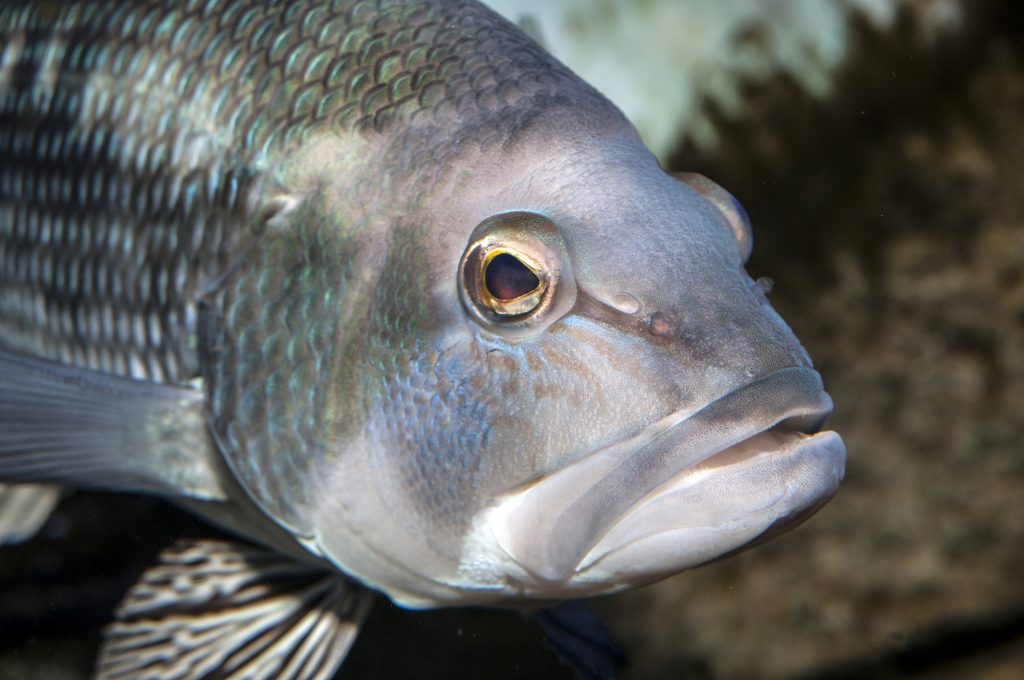




Be the first to comment!